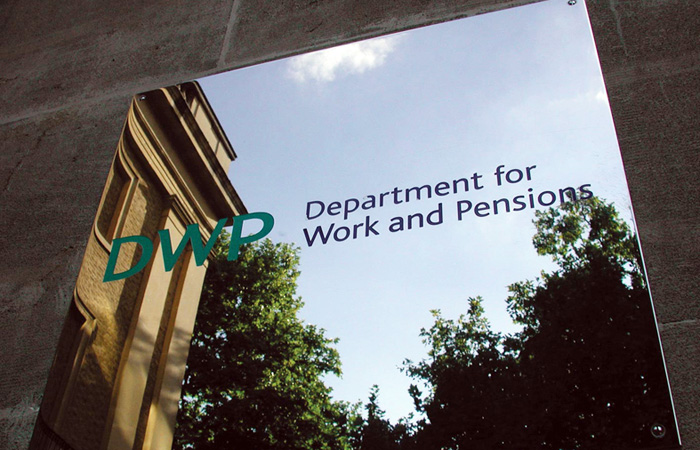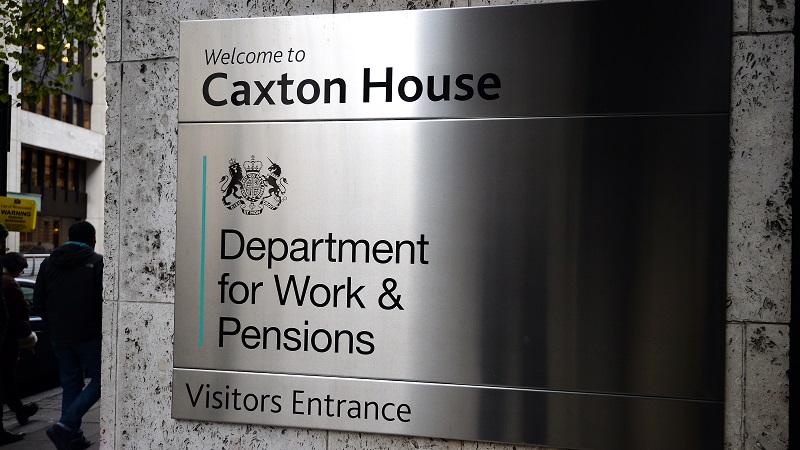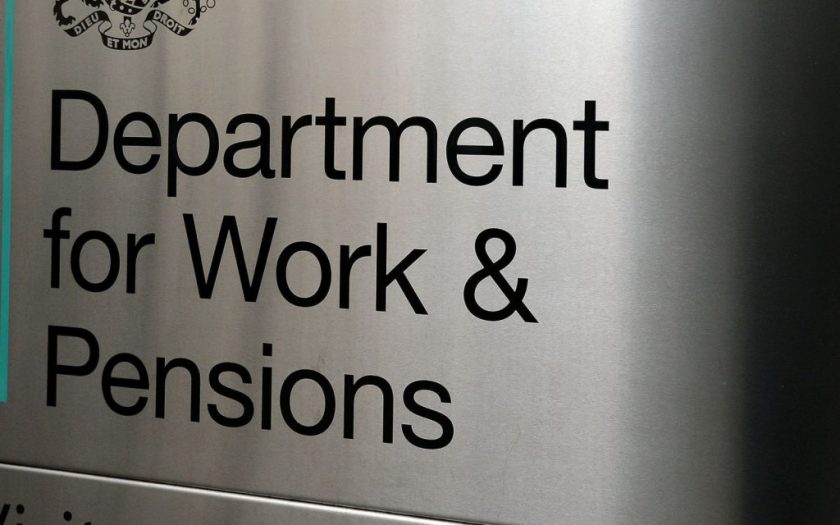Eligibility
As part of Access to Work, you may be eligible for:
- a grant to help pay for practical support with your work
- support with managing your mental health at work
For these types of support, you must:
- have a physical or mental health condition or disability that means you need support to do your job or get to and from work
- be 16 or over
- be in paid work (or be about to start or return to paid work in the next 12 weeks)
- live and work (or be about to start or return to work) in England, Scotland or Wales – there’s a different system in Northern Ireland
There are different eligibility criteria for communication support at a job interview.
You cannot get Access to Work if you live in the Channel Islands or the Isle of Man.
Your disability, illness or health condition
You must have a disability, illness or health condition that means you need support to do your job.
This can include, for example:
- a physical disability, for example if you’re hard of hearing or use a wheelchair
- a learning disability or related condition, for example if you have Down’s syndrome
- a developmental condition, like autism spectrum disorder
- learning difficulties or differences like ADHD or dyslexia
- an illness such as diabetes or epilepsy
- a temporary condition, like a broken leg
- a mental health condition, for example anxiety or depression
You do not need to be diagnosed with a condition to apply for mental health support.
You will only need to give evidence of your condition if you’re applying for help with transport costs.

Your work
You need to have a paid job (or be about to start or return to one).
A paid job can be full or part-time and can include:
- employment
- self-employment
- an apprenticeship
- a work trial or work experience
- an internship
- a work placement
You cannot get Access to Work support for voluntary work.
You can still apply for Access to Work if you’re working from home because of coronavirus (COVID-19).
Your income and benefits
You can get support from Access to Work:
- however much you earn or have in savings
- at the same time as most benefits, as long as you work more than 1 hour a week
If you’re getting Employment and Support Allowance (ESA)
You can get Access to Work and ESA at the same time if you work less than 16 hours a week. There are rules about working while claiming ESA. You can ask your work coach for advice and support.

Your employer will provide support instead of Access to Work. Contact your employer so they can assess and arrange the support you need.
Mental health support
You can still get Access to Work for mental health services by applying for support from Able Futures or Remploy. They will contact Access to Work on your behalf. You will not need to tell your employer.
Get advice on your eligibility
If you’re not sure that you’re eligible, call the Access to Work helpline.
Access to Work helpline
Telephone: 0800 121 7479
Textphone: 0800 121 7579
Relay UK (if you cannot hear or speak on the phone): 18001 then 0800 121 7479
British Sign Language (BSL) video relay service if you’re on a computer – find out how to use the service on mobile or tablet
Monday to Friday, 9am to 5pm
Find out about call charges
If phone calls are difficult for you (for example, because you’re deaf or hard of hearing), you can ask for all communication to be by email instead.

